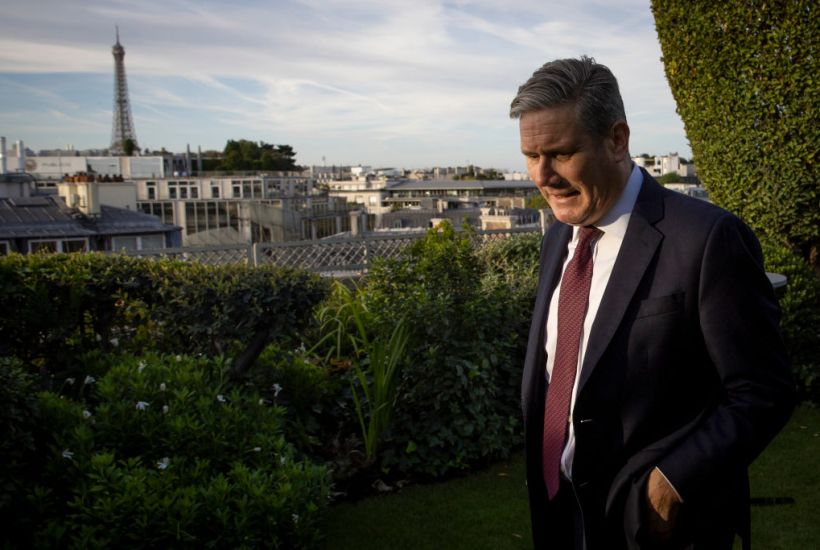Last week on Spectator TV Fraser Nelson saluted the ‘intervention’ of the Labour party in the debate about whether the magazine he edits, as well as the Telegraph Media Group, should be sold to a UAE-backed consortium. In an interview, Thangam Debbonaire, the shadow culture secretary said that ‘ownership by a foreign power is incompatible with press freedom, which is essential in a democracy’.
Already a subscriber? Log in
Subscribe for just $2 a week
Try a month of The Spectator Australia absolutely free and without commitment. Not only that but – if you choose to continue – you’ll pay just $2 a week for your first year.
- Unlimited access to spectator.com.au and app
- The weekly edition on the Spectator Australia app
- Spectator podcasts and newsletters
- Full access to spectator.co.uk
Or





















Comments
Don't miss out
Join the conversation with other Spectator Australia readers. Subscribe to leave a comment.
SUBSCRIBEAlready a subscriber? Log in